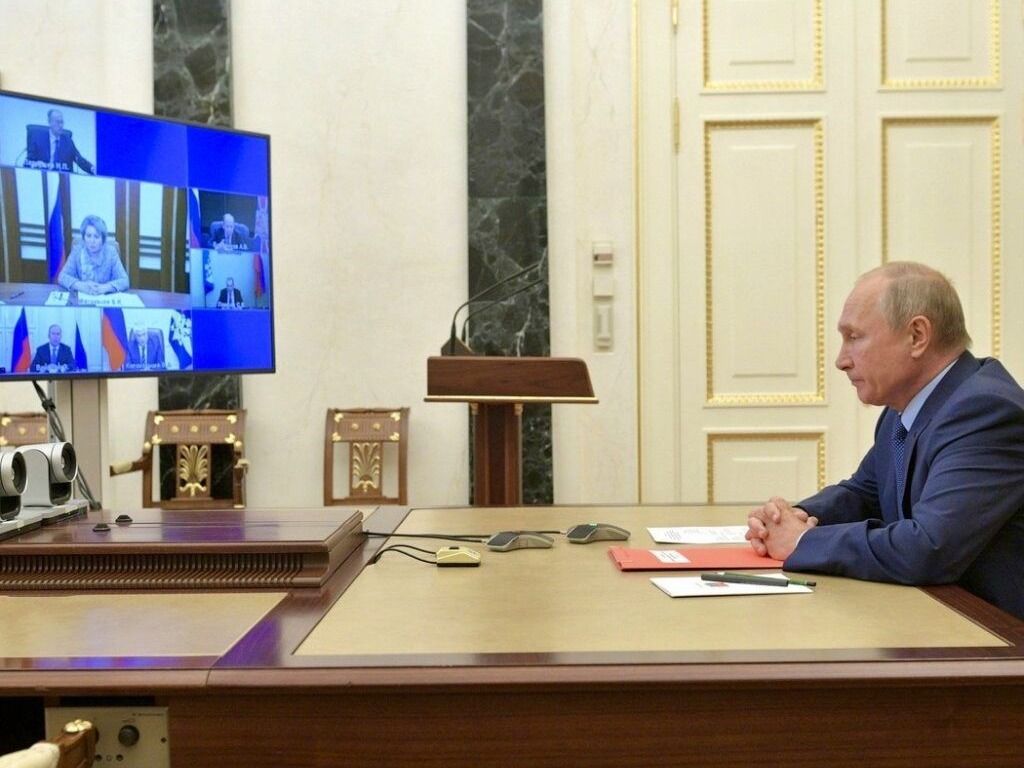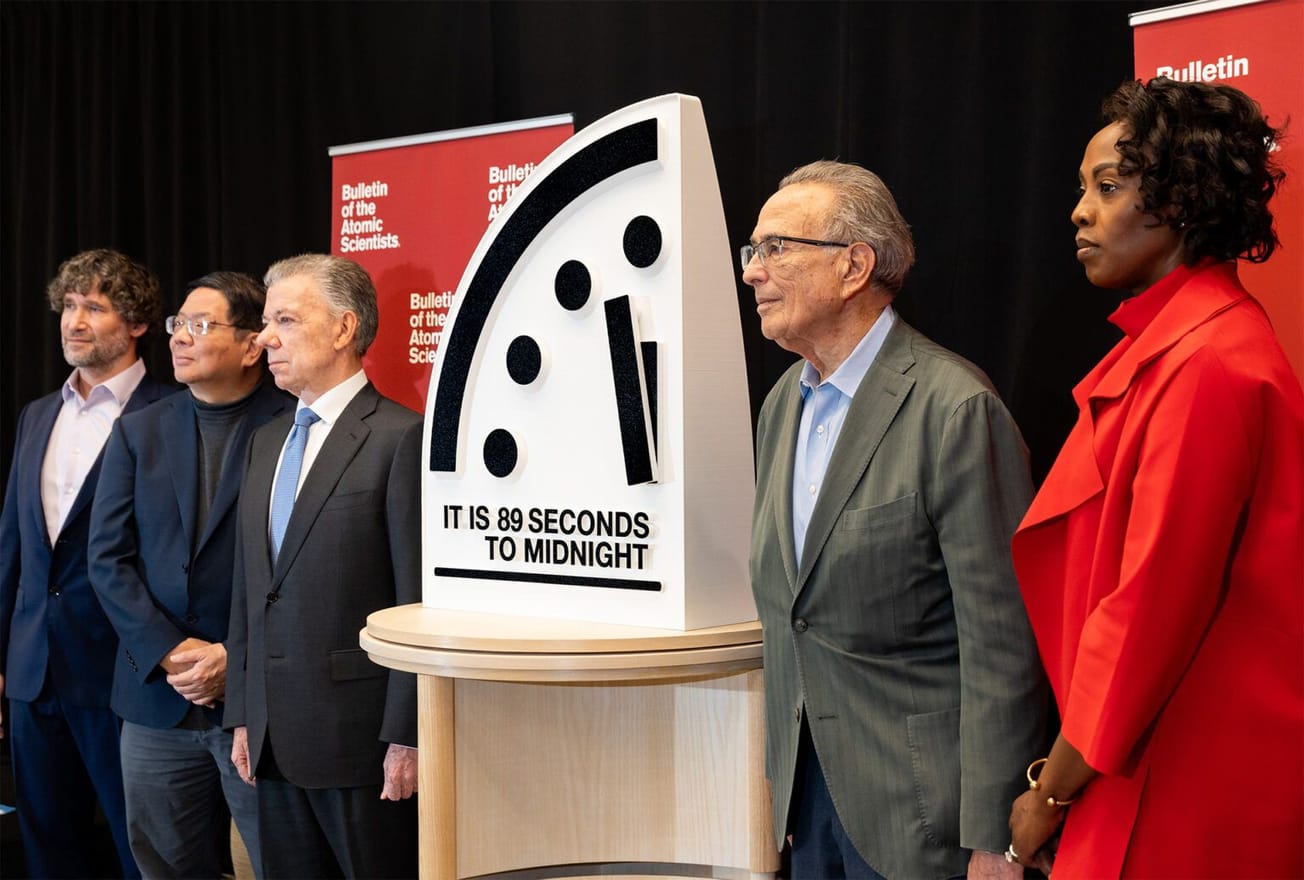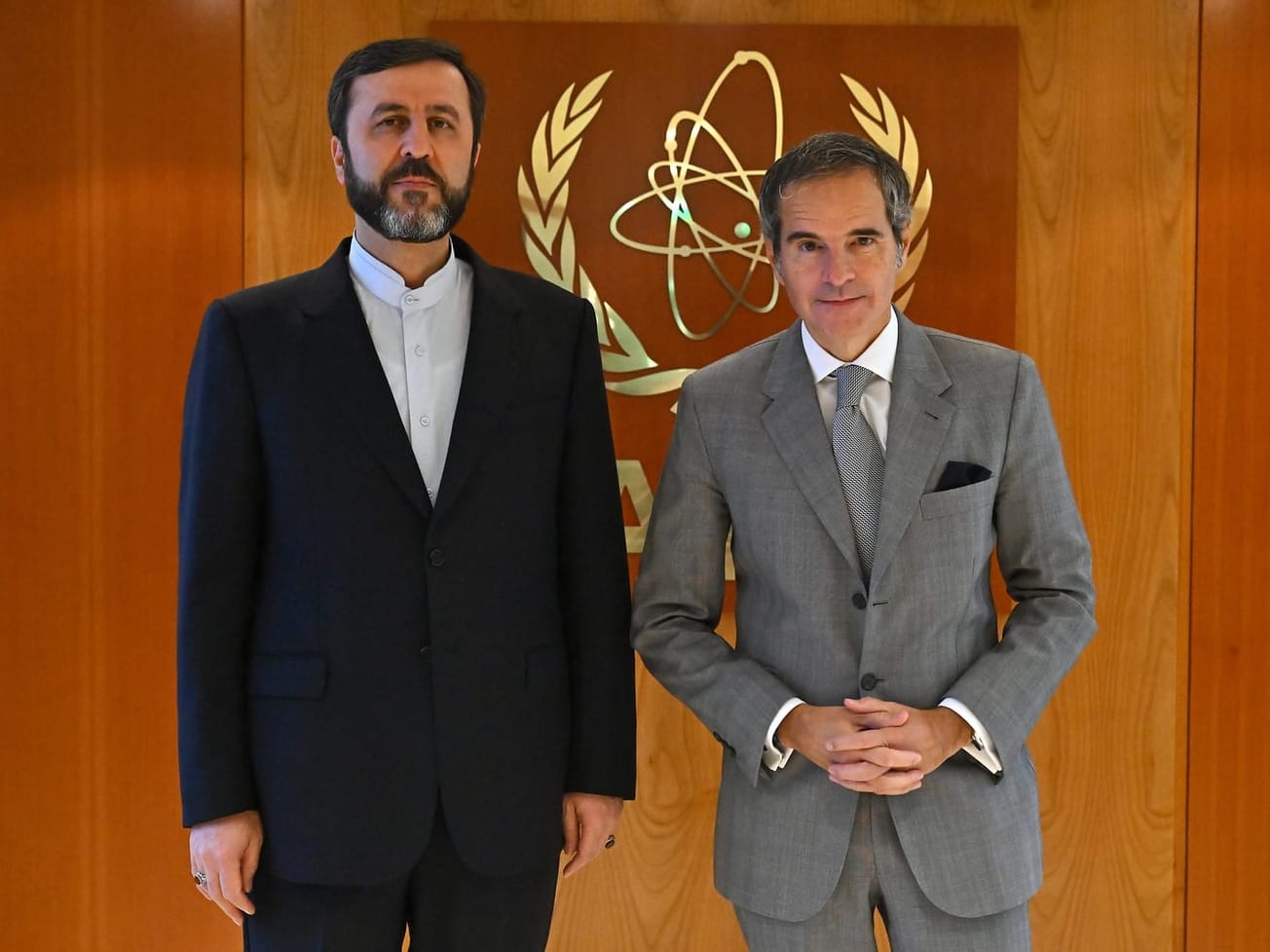Russian President Vladmir Putin offered to extend the last remaining major U.S.-Russia nuclear treaty without making any changes on Friday, but U.S. President Donald Trump's administration called it a "non-starter" because it does not apply to China or all of Russia's arms.
At a virtual meeting of Putin's Security Council in Moscow, Foreign Minister Sergei Lavrov said their government has been "quite proactive" in trying to keep the treaty alive. Lavrov said Russian diplomats have been "emphasizing our initiative to take a decision without delay to extend the New START, set to expire in February 2021, for a new five-year term without any preconditions" in talks with the Americans.









